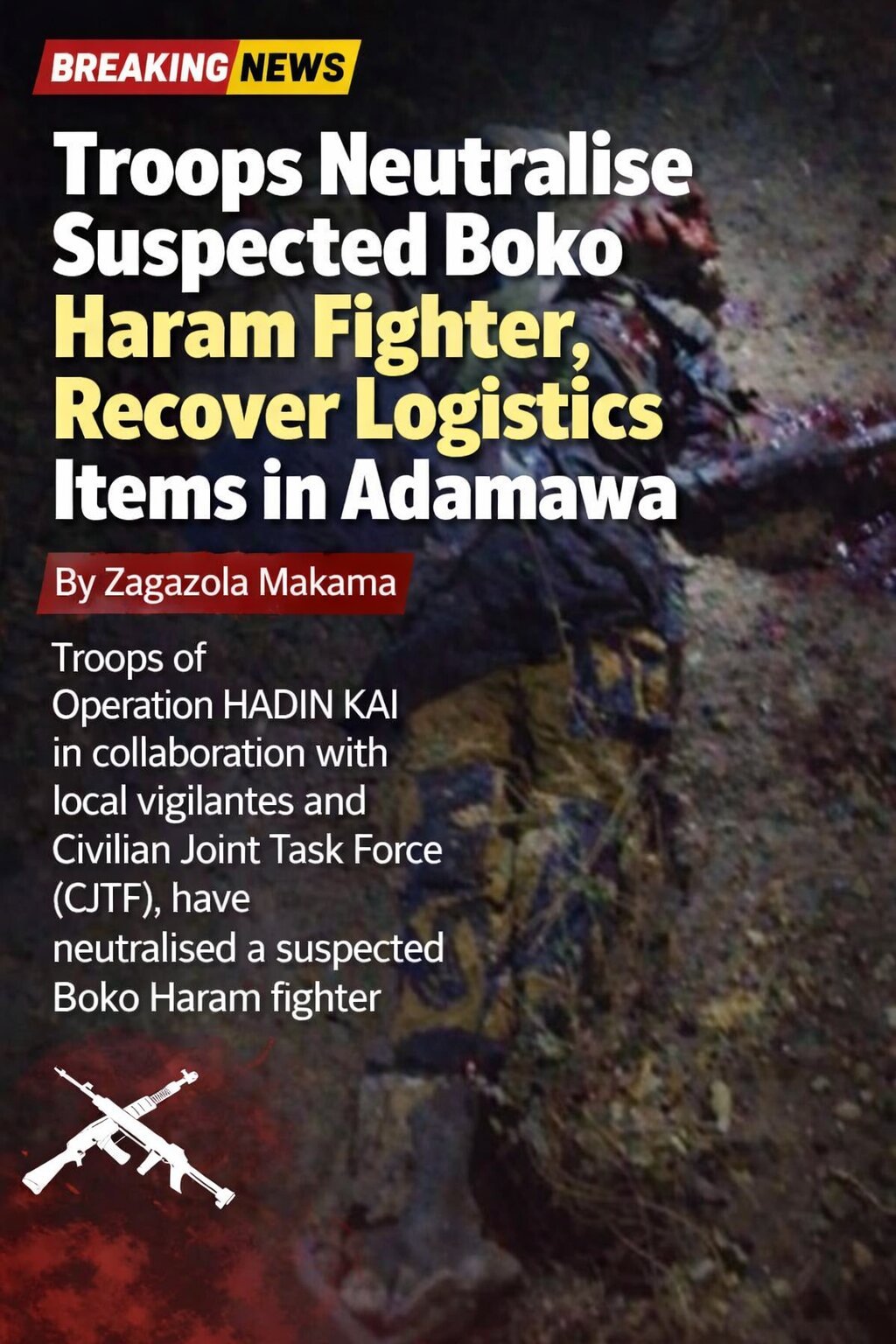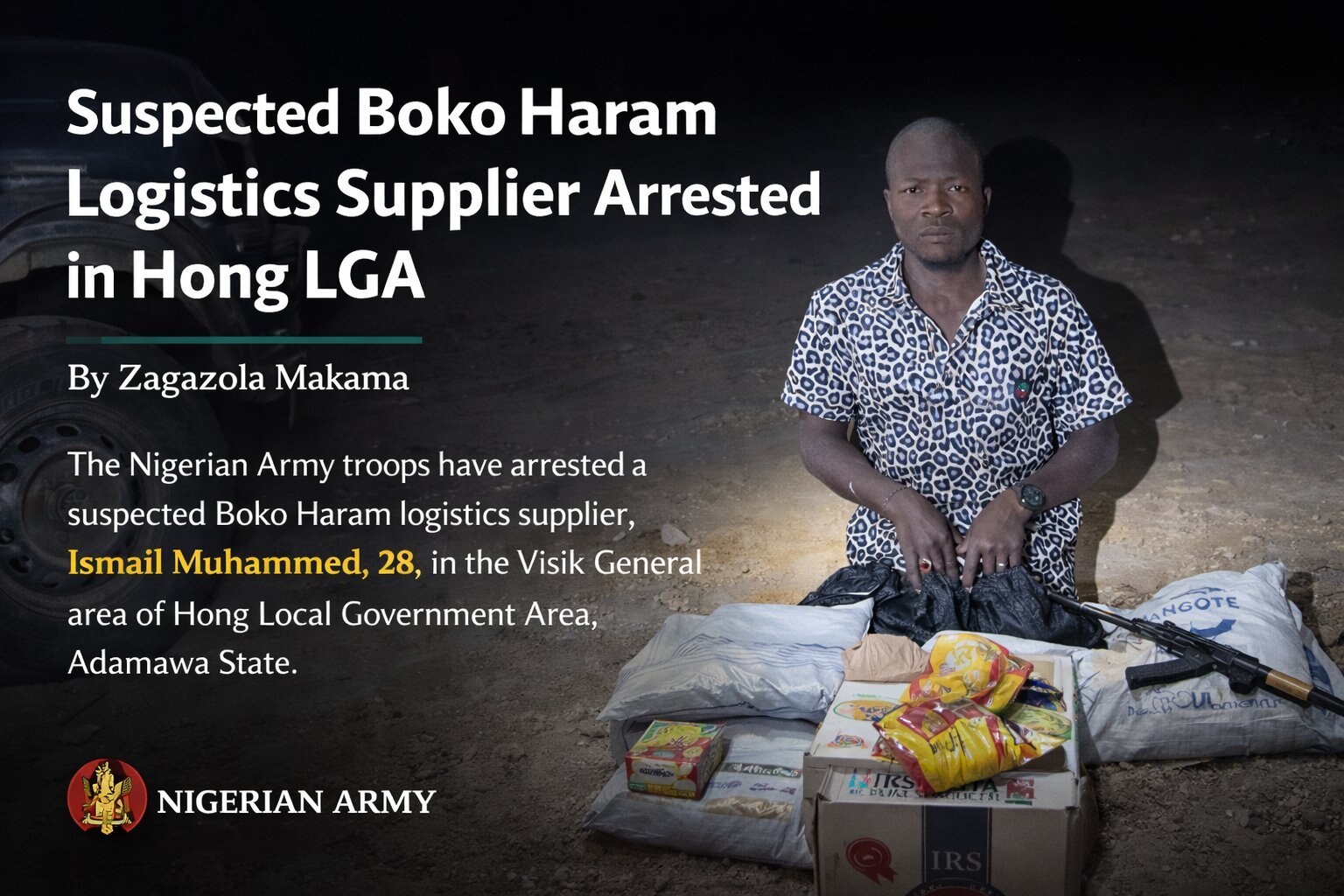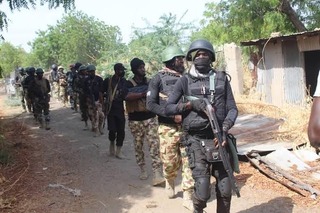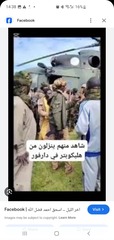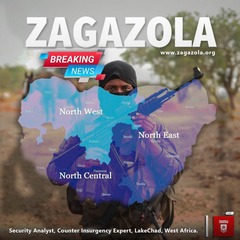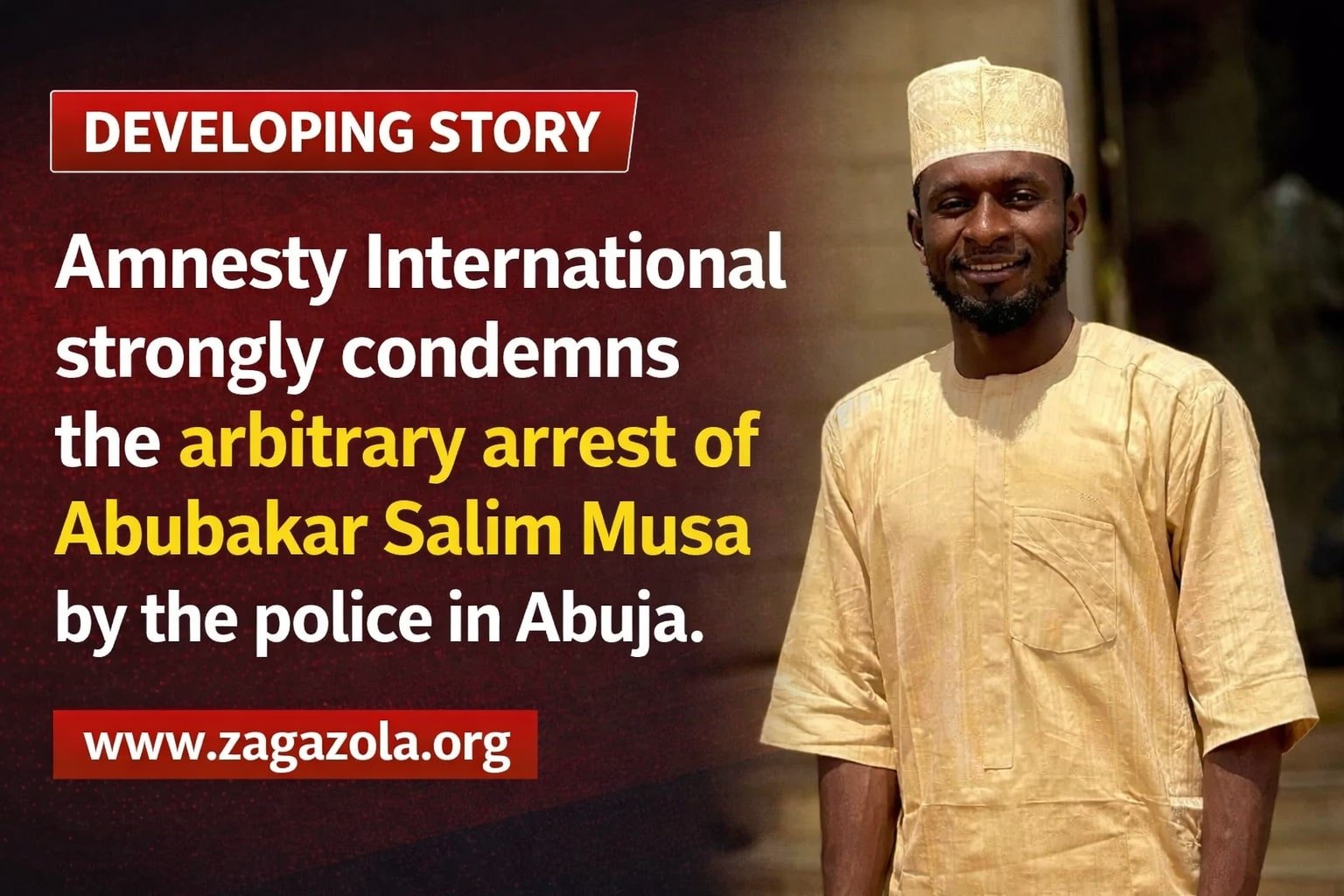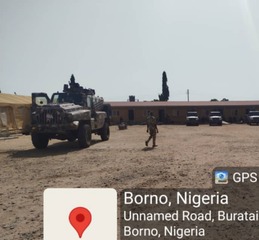Graffiti in Niamey Reflects Growing Discontent Over Russian Mercenary Presence
A wave of graffiti has begun to appear across certain neighborhoods in the Nigerien capital of Niamey, boldly denouncing the presence of Russian mercenaries. The message, simple yet powerful, consists of just two words: “Russia Out.” These spray-painted slogans have emerged near prominent locations, including the controversial "Non-State Russian House," a building inaugurated by the ruling junta’s supporters in June 2024, intended to symbolize cultural exchange between Niger and Russia.
The graffiti, unsigned and anonymous, reflects a growing undercurrent of dissatisfaction among sections of the population. The boldness of these acts – appearing in areas under close surveillance by the authorities – is noteworthy, as Niger’s junta has been quick to stifle any form of dissent, particularly in relation to its pro-Kremlin geopolitical stance.
The silence from the Nigerien authorities is striking. Typically, any form of objection to the junta's policies, especially those aligned with Russia, would be swiftly suppressed. Yet, weeks have passed, and the graffiti remains untouched, an unusual and telling lapse. This emerging defiance could represent the first visible crack in the junta's carefully controlled narrative of sovereignty and Russian alliance.
The Context: Rising Tensions and Economic Realities
This quiet form of rebellion comes amid broader geopolitical and economic challenges facing Niger. Since the military coup in July 2023, the country has experienced increased isolation, with sanctions from ECOWAS and the suspension of aid from Western powers. Despite the junta’s attempts to pivot towards Russia, including inviting mercenaries from the Wagner Group, economic hardships and growing insecurity have heightened frustrations.
Historically, African intellectuals and students have used similar forms of protest against military dictatorships, particularly during periods of economic decline and political repression. In Niamey, the appearance of these graffiti could signal the early stages of a wider discontent – a symbolic challenge to the junta's claims of safeguarding national sovereignty.
Geopolitical Implications
The growing dissatisfaction in Niamey is not an isolated incident. Similar sentiments could soon emerge in other capitals of the Confederation of Sahel States (CES), where military regimes have attempted to consolidate power through populist rhetoric and anti-Western propaganda. But as the stark realities of food shortages, economic instability, and deteriorating security conditions take hold, the limitations of these regimes become increasingly clear.
While the junta in Niger has leaned heavily on its relationship with Russia, particularly through the Wagner Group, this alliance has not yielded the stability or prosperity many had hoped for. The reliance on foreign mercenaries, combined with the isolation from traditional Western allies, has only deepened Niger’s challenges, leaving the population to bear the brunt of these geopolitical gambles.





